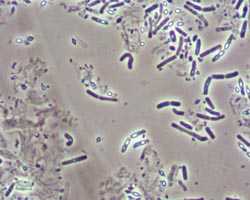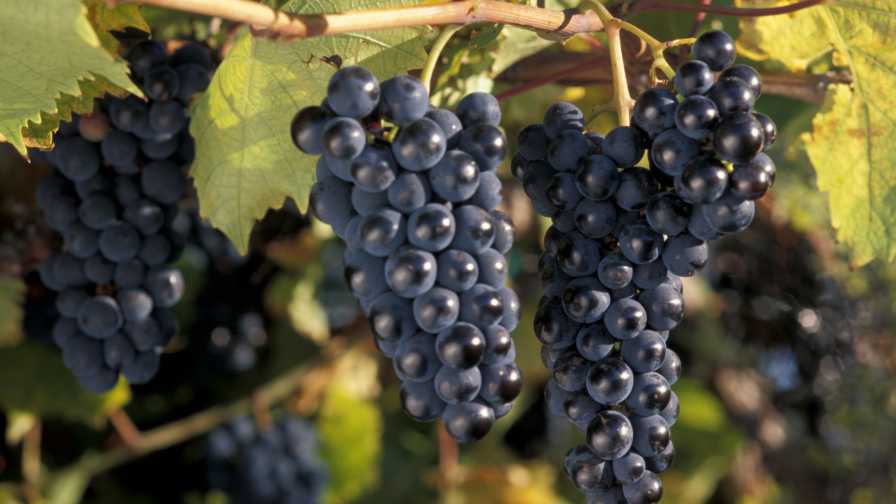Beneficial Of The Month: Bt

Classification And Utility
Bt (Bacillus thuringiensis) is one of the most common microorganisms used in biological control of certain insects. Bt is a rod-shaped bacterium that produces protein toxins lethal to many pest species, including caterpillars, beetles, and mosquito larvae. These toxins are harmless to humans, birds, and other beneficial wildlife.
Commercial Bt products contain endotoxin crystals or a mixture of crystals and Bt spores. In insects, the toxin acts as a selective stomach poison. Spores contribute to their toxicity by causing blood poisoning and providing environmental persistence.
When an insect pest ingests Bt toxins from treated leaves, feeding stops within minutes after the crystals are solubilized in the gut and gut cells are damaged. After toxin damage to the gut occurs, spores enter through the gut wall and germinate rapidly in the body cavity causing blood poisoning. Larvae stop feeding within minutes and die in one to three days. Smaller larvae die more quickly, so precise timing can measurably improve the performance of the application.
Beneficial Activity
Traditional chemicals and Bts both have a place in a grower’s toolbox for worm control. Bts can control lepidopteran pests just as traditional chemicals, but also provide added benefits. Some benefits of Bt insecticides include:
– Low impact on beneficial insects
– Not toxic to bees, predatory mites
– Avoidance of secondary pest issues
– No preharvest interval required after application
– No restrictions on use
– Resistance is slower to develop than resistance to chemicals.
Grower Options
Rotating formulations will help in warding off resistance problems. Through proper scouting and application of the appropriate Bt insecticides at strategic points in the crop season growers can reduce reliance on traditional chemicals and often improve their control program.
Some pest species are difficult to control with toxin alone. Germinating Bt spores provide an additional control mechanism. Spores germinate in the midgut and spread throughout, ultimately causing death of the target insect.
This effect is especially apparent in armyworm larvae, which can be difficult to control with toxin alone.
Since different species have different susceptibilities to Bt toxins and different Bt products have different profiles of these toxins, it is important to match the Bt insecticide to the pest being targeted.










